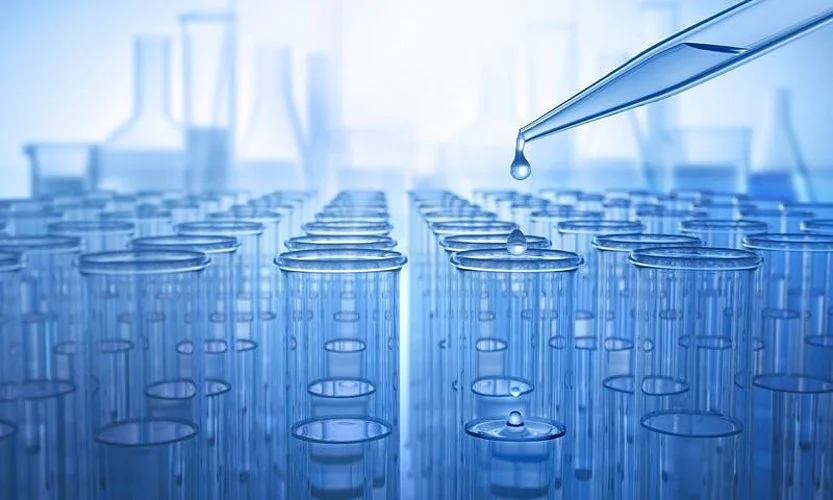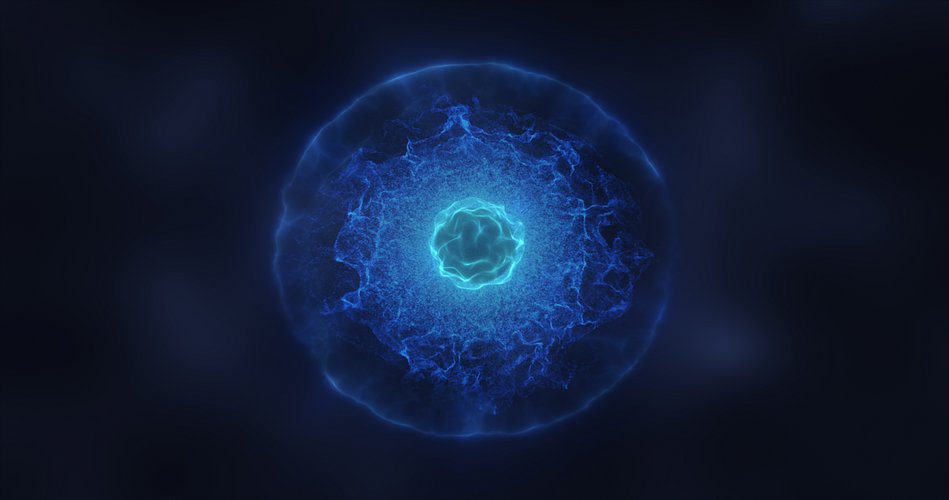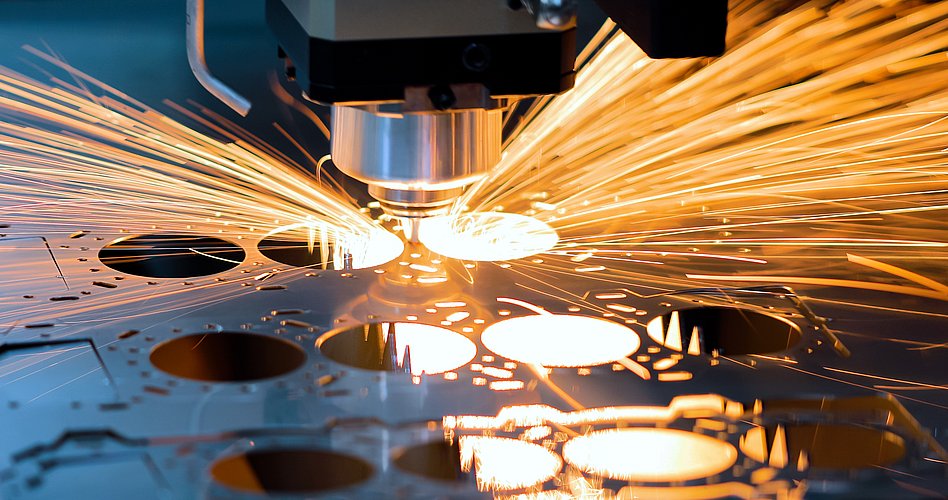Teslaplatte describes energy plate
In a long-running dispute about keeping the term “TESLAPLATTE” free for energetically charged plates, lawyers Dr. Georg Jacobs and Marcel Maybaum have scored yet another success: Even following the judgement of the General Court of the European Union (EGC) of June 2, 2021 (Case T-183/20), the term “Teslaplatte” continues to describe these energy plates used for therapeutic purposes, thus enabling free competition in the European Union.
A company represented by Heuking has been manufacturing such energy plates since the 1990s, selling them in Germany and other countries, under the “Teslaplatte” name
A competitor applied for the word “Teslaplatte” as a German and an EU trademark. On the basis of these trademarks, the competitor then filed an action for trademark infringement. The Swiss company’s defense, assisted by Heuking, included cancellation requests against the competitor’s “Teslaplatte” trademarks.
Both the DPMA and the EUIPO largely granted the cancellation requests. The EGC now confirmed the EUIPO decision in the aforementioned judgement. The term “Teslaplatte” describes metallic energy plates used for therapeutic purposes. It is legally irrelevant whether Nikola Tesla is the inventor of these plates. According to the EGC, it is relevant that the term “Teslaplatte” describes such energy plates typologically with respect to their composition (metal), properties, and use (therapeutic). Therefore, it is not suitable to refer to the operational origin of such energy plates, an origin function that is necessary for a trademark.
On the same grounds, the EGC countered the competitor’s objection that characteristics of the metal plates that it marketed were a matter of faith or a mythological narrative that served marketing purposes, among other things.
“The judgement not only confirms the opinion of the EUIPO’s Second Board of Appeal. It is also in line with the DPMA decision, which also canceled the ‘Teslaplatte’ designation in Germany,” Marcel Maybaum pointed out. “This should remove the basis for the attempt to monopolize Teslaplatte and the infringement action against our client,” added Dr. Georg Jacobs.
The competitor has since filed an appeal against the DPMA’s decision with the Federal Patent Court. It still has legal recourse to file an appeal at the CJEU against the EGC decision.
Applications for a declaration of invalidity against trademarks can be an effective means of defending against infringement proceedings. In proceedings such as these, it is important to have or to prepare meaningful documentation on the prior use of a designation. We will be glad to advise you at an early stage as to which documents are material for you under trademark law.
Counsel to Swiss company
Heuking Kühn Lüer Wojtek:
Dr. Georg Jacobs, LL.M. (Lead),
Marcel Maybaum (both IP), both Düsseldorf
![[Translate to English:]](/fileadmin/_processed_/b/6/csm_Paragraphenzeichen_36df5e48d5.jpg)
![[Translate to English:]](/fileadmin/_processed_/d/3/csm_Jacobs__Dr._Georg_print_90d29e99f2.jpg)
![[Translate to English:]](/fileadmin/_processed_/c/b/csm_Maybaum__Marcel_print_765dc086a6.jpg)










